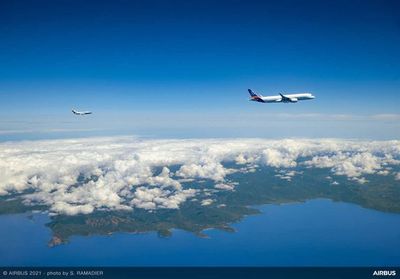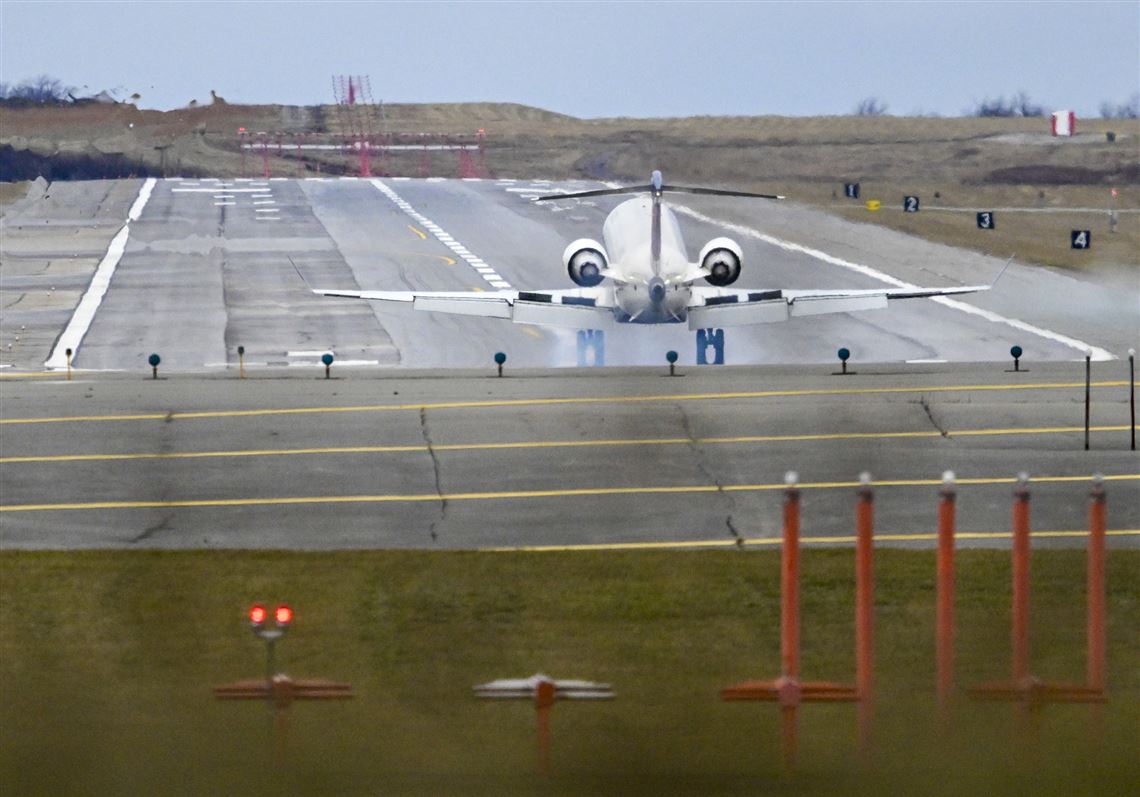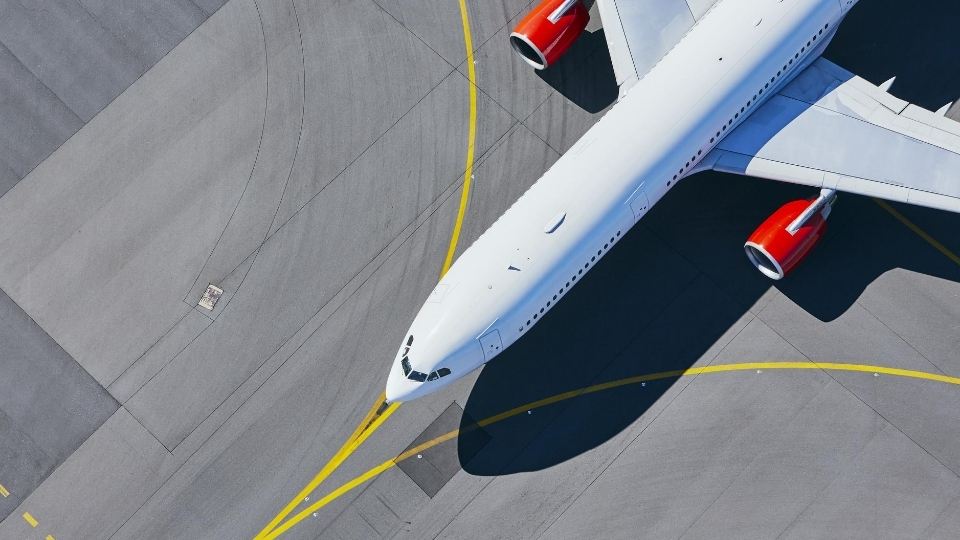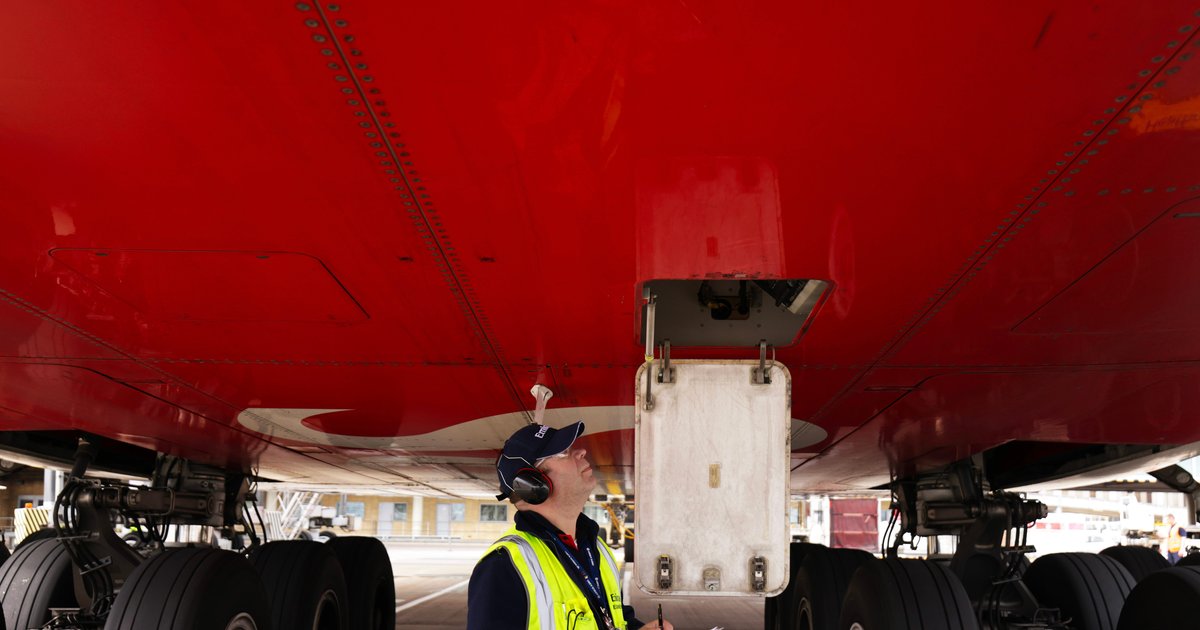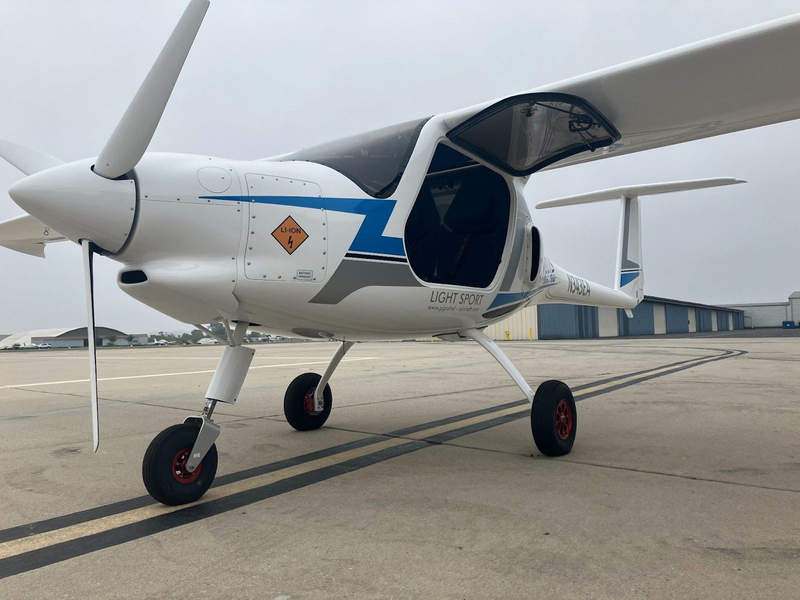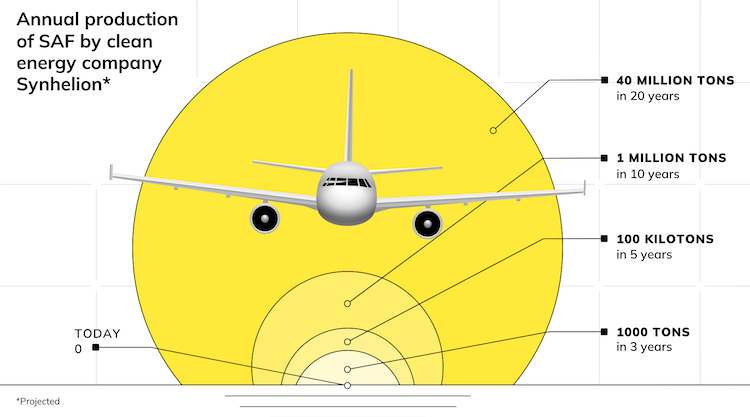
The aviation sector has charted a course to decarbonize itself – and investors see opportunity. According to BNEF, startups with a focus on low-carbon aviation technology raised $4.6 billion in 2022, and another $1.21 billion was added to that tally in the first half of 2023.
Among venture capital and private equity investments, sustainable aviation fuel (SAF) startups have drawn the most attention. Power-to-Liquid technologies, which combine green hydrogen with CO2 to create synthetic kerosene, have received $592 million in funding since 2021, according to BNEF – 72% of all SAF investment and 40% of the aviation total.
It’s a step in the right direction when private markets recognize the profit potential of an innovation that could reduce CO2 emissions. But technological diversification will be necessary for the aviation sector to have any chance of achieving carbon neutrality in the coming decades.
Among venture capital and private equity investments, sustainable aviation fuel (SAF) startups have drawn the most attention. Power-to-Liquid technologies, which combine green hydrogen with CO2 to create synthetic kerosene, have received $592 million in funding since 2021, according to BNEF – 72% of all SAF investment and 40% of the aviation total.
It’s a step in the right direction when private markets recognize the profit potential of an innovation that could reduce CO2 emissions. But technological diversification will be necessary for the aviation sector to have any chance of achieving carbon neutrality in the coming decades.




